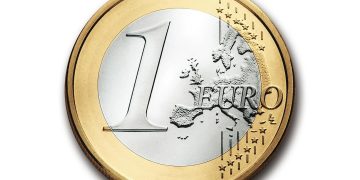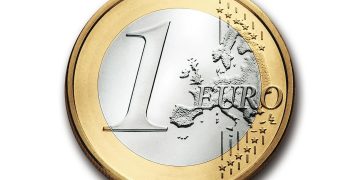Mastering Your Debt: A Guide to Financial Freedom
In a world where credit is easy to obtain and tempting to use, the burden of debt can rapidly become overwhelming. Mastering your debt isn’t just about paying bills; it’s a crucial step towards achieving financial freedom. This guide is designed to help you understand the complexities of debt management, offering strategic insights and actionable steps that lead to a more financially secure future.
Understanding Your Debt
The first step to mastering your debt is to gain a comprehensive understanding of what you owe. This involves listing all your debts, including credit card balances, loans, mortgages, and any other financial obligations. Highlight the total amount owed, interest rates, due dates, and monthly payments. Utilizing tools like online debt calculators can simplify this process, providing you with a clear picture of where you currently stand financially.
Setting Realistic Goals
With a clear understanding of your debts, the next step is to set achievable financial goals. Whether it’s becoming debt-free within five years or paying off high-interest loans first, your goals should be specific, measurable, attainable, relevant, and time-bound (SMART). Planning your goals in stages can help maintain motivation and make the task less daunting.
Creating a Budget
Effective debt management is intricately tied to how well you manage your incomes and expenditures. Creating a detailed budget is crucial. Start by tracking your monthly income against your regular expenses, including savings and debt repayments. Tools like budgeting apps or spreadsheets can be helpful. Prioritize spending on essentials and find areas where you can cut back. Redirecting these savings towards paying down debts can significantly accelerate your journey to financial freedom.
Debt Repayment Strategies
There are several strategies to consider when tackling your debts. Two popular methods are the debt snowball and the debt avalanche.
- Debt Snowball: You start by paying off small debts first, gradually working your way up to the larger ones. This method can create a sense of accomplishment, helping maintain momentum.
- Debt Avalanche: Alternatively, you might prefer the avalanche method, where you focus on debts with the highest interest rates. This can save you money in the long run.
Choose the strategy that best aligns with your financial situation and psychological needs.
Consider Debt Consolidation
If managing various debts becomes too complicated, debt consolidation might be an option. This involves combining multiple debts into a single, larger debt with more favorable terms, such as a lower interest rate. This can simplify monthly payments and potentially reduce the cost over time. However, it’s crucial to read the fine print and understand the terms fully before proceeding.
Improving Your Credit Score
As you pay down your debt, it’s also important to work on improving your credit score. A better score can give you access to better financial opportunities, including lower interest rates. Ensure timely payments, keep your credit utilization low, and refrain from opening new credit lines frequently. Regularly check your credit report for errors that might affect your score negatively.
Negotiating with Creditors
Under challenging circumstances, negotiating with creditors might be necessary. Some creditors might be willing to adjust your repayment terms if you’re experiencing financial hardship. This could include lowering your interest rate or extending your payment period. Effective communication and honesty are key when dealing with creditors.
Seeking Professional Help
If your debt situation becomes unmanageable, it might be wise to seek professional advice. Credit counselors, financial advisors, or even legal help can provide guidance tailored to your specific situation. They can help you navigate the complexities of debt management and explore options like debt settlement or bankruptcy, where applicable.
Maintaining Financial Discipline
Mastering your debt requires consistent effort and discipline. Avoid accruing further debt and stay committed to your repayment plan. Keep yourself motivated by celebrating small victories along the way. Furthermore, educate yourself on financial matters. Understanding personal finance more deeply can prevent future debts and solidify your financial freedom.
Conclusion
Achieving financial freedom through mastering your debt is a realistic goal if approached with the right mindset and actions. By understanding your debt, setting goals, creating a budget, following repayment strategies, and perhaps seeking professional help, you can effectively manage and overcome your financial obligations. The journey may be challenging, but the reward of financial independence is invaluable.
With the foundation laid out in this guide, you’re better equipped to navigate your debts confidently and march towards a debt-free life, paving the way for a secure financial future.



























































